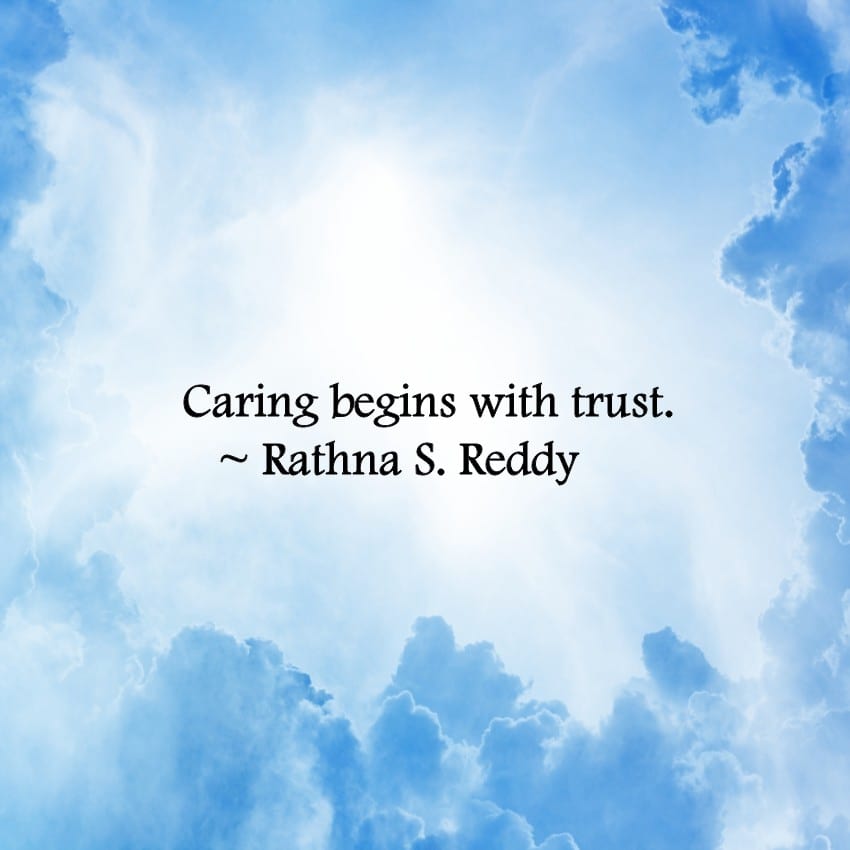Caring in Practice
They say the eye is the window to the soul. Bright, expressive, alive. The beginning and the end of our emotions. In the sweltering, sticky heat of the jungles between Haiti and the Dominican Republic, lay a hospital teeming with patients, welcoming us with eyes much different than our romanticized notions. Murky, opaque, withering. Their smiles were comforting and familiar, but their gazes were vacant and expended.
This was my first trip to San Jose de los Llanos, a Dominican village nestled among thousands of acres of sugarcane fields, populated by more broken down cars and tick-infested dogs than humans. The air, heavy with moisture, laid a salty sheen on my skin, making each breath a bit more labored. Work in the fields was the only work this deep into the country. Standing from the hospital roof, I could see sugar for miles, ten-foot tall stalks that looked like a grassy lawn approaching the horizon, sweetening the scorching sunset.
As I stepped into the clinic, I saw patients who hadn’t received healthcare in years. With such close proximity to the equator, these eyes were especially susceptible to the sun’s rays. Over time, these conditions had morphed the beautiful, clear dark centers of these eyes into thick, impermeable chalk white cataracts. This ivory interior, borne of a lifetime of age and the legacy of the sun, had left these people blind – the eye’s own heart of darkness.
The goal of our expedition was to care for these patients, many of whom had not seen their families or the world around them in decades. Our team lugged a thousand pounds of surgical equipment, medical supplies, and eyeglasses to this tropical speck in the Atlantic. When we arrived, we set up a makeshift ophthalmic clinic and surgical theater in the local hospital, and a eyeglass dispensary in the office of the hospital director.
Caring begins with trust. As foreigners, we had to gain our patients’ trust, making the gradual transition from aliens to caring assistants. It took time to show our patients that we had no agenda other than the wish to provide care to as many as we physically could. With open arms and broken Spanish, we were eventually embraced by the people. Patients came from around the island, lining up outside the clinic before dawn, many walking tens of miles for care. We took everyone we could, rising with the roosters every morning and sleeping with the insects and the loud whir of a propeller fan every night.
What began as a mission to restore eyesight was becoming much more; we were starting to realize that what these individuals needed most of all was care. We learned than in practice, truly impactful care requires genuine empathy, heartfelt human insight, and the willingness to sacrifice oneself for another.
The eye may be the window to the soul. And though I couldn’t see through his window, I knew that his soul was still there, unlocked by the compassionate key of caring.

